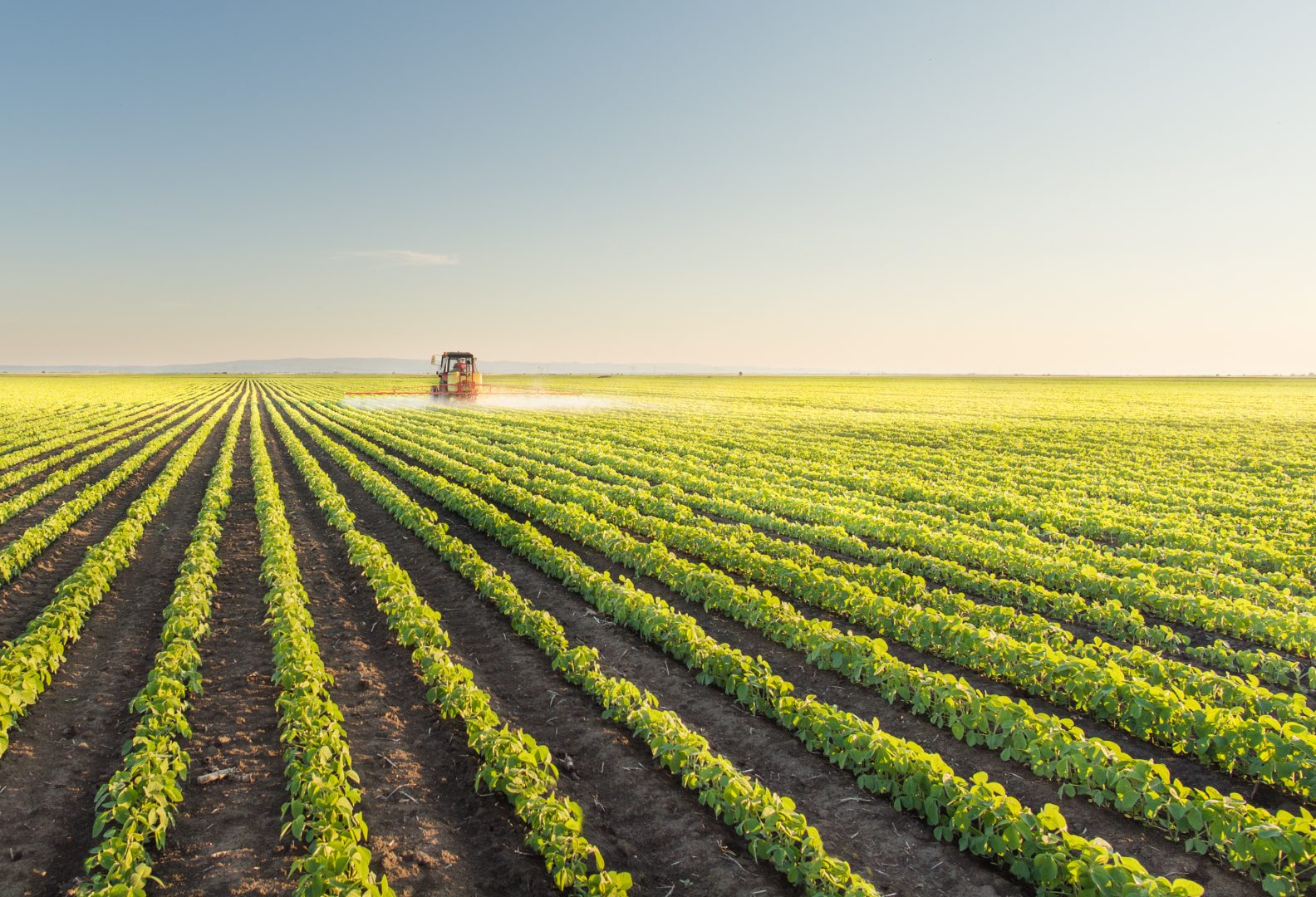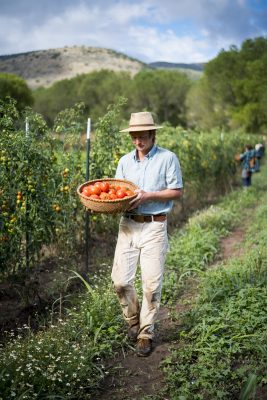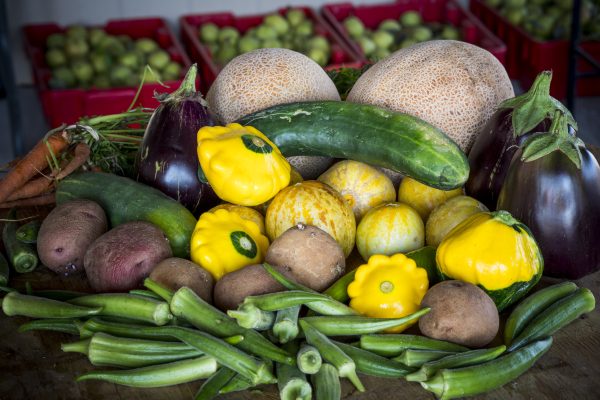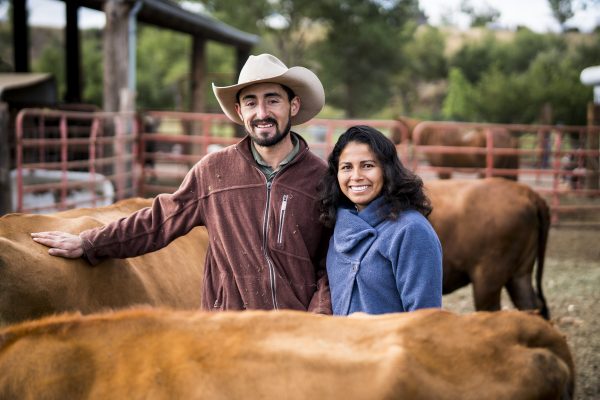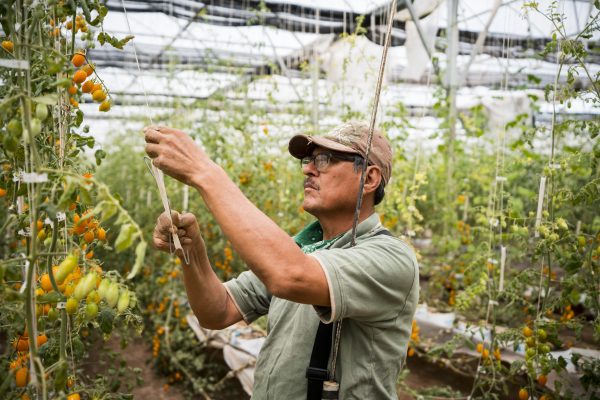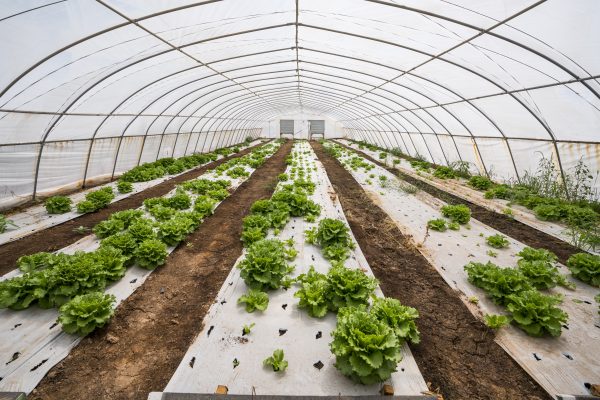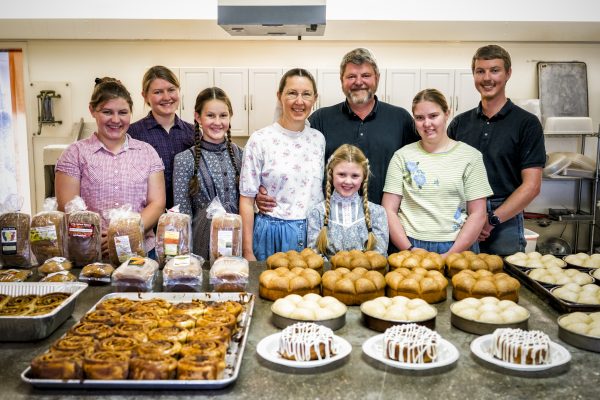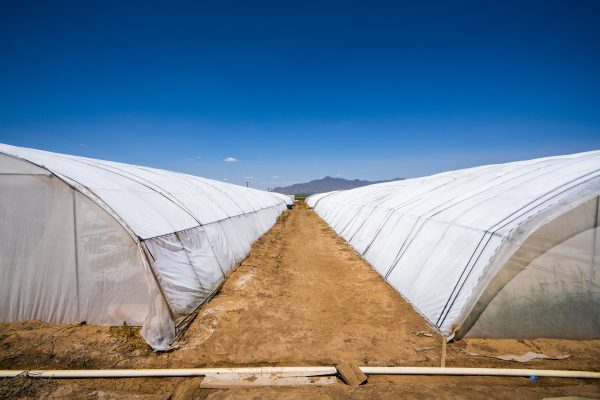Addressing food system insecurity and inequity in the frontier
The globalization of food systems greatly impacted frontier areas. As global distributors emerged, small farmers were displaced. Jobs disappeared and local food production was all but eliminated. But when infrastructure costs of fuel and infrastructure rose, larger distributors abandoned frontier communities for business reasons. Local food production had ceased, and the replacement system was no longer available, leaving many communities with broken food systems.
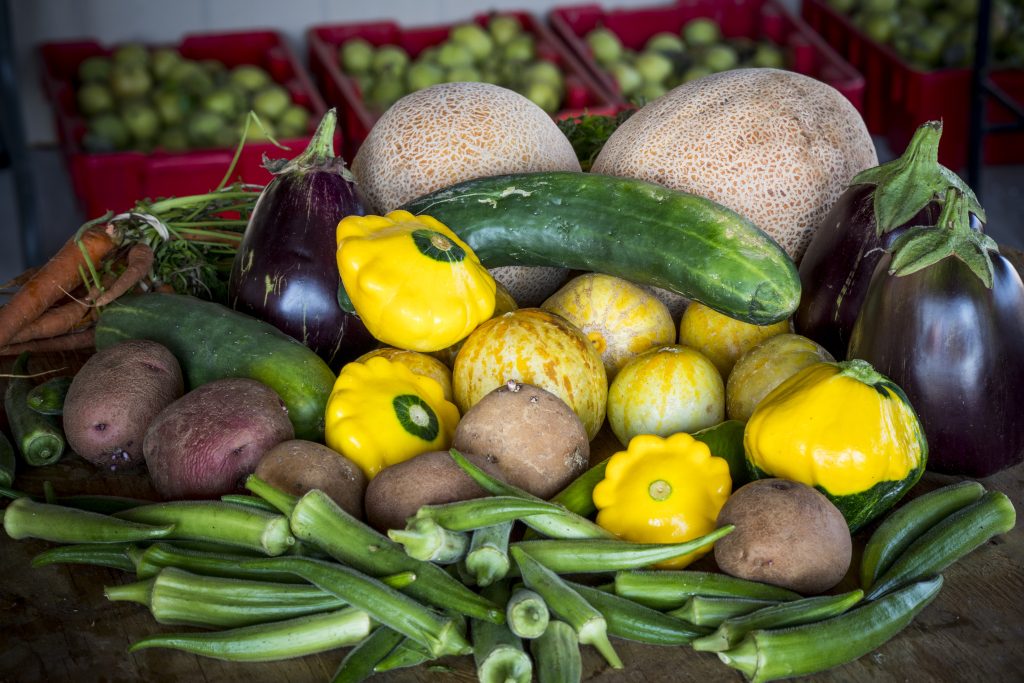
When food systems become fractured, stakeholder collaboration is reduced, and the system atrophies. Growth and sustainability diminish along with sales, community and ultimately, food security, creating food deserts that leave food buyers and small producers behind.
Increased need for emergency and supplemental food through food pantries, a lack of healthy food access, and local job loss requires sustainable and repeatable solutions.
NCFC’s programs, Frontier Food Hub and Southwestern New Mexico Seed Library, are designed to revitalize the frontier food system through on the ground programming, market driven engagement with local food producers and innovative, direct work with food pantries, low-income food buyers and other food system stakeholders.
Revived local production and community health
Dual Purpose Food Hubs support both the local food economy and food pantry systems, efficiently integrating stakeholders. They can link home gardeners, new and beginning farmers, experienced producers, home shoppers, low income food buyers, schools, food pantries, and legislators.
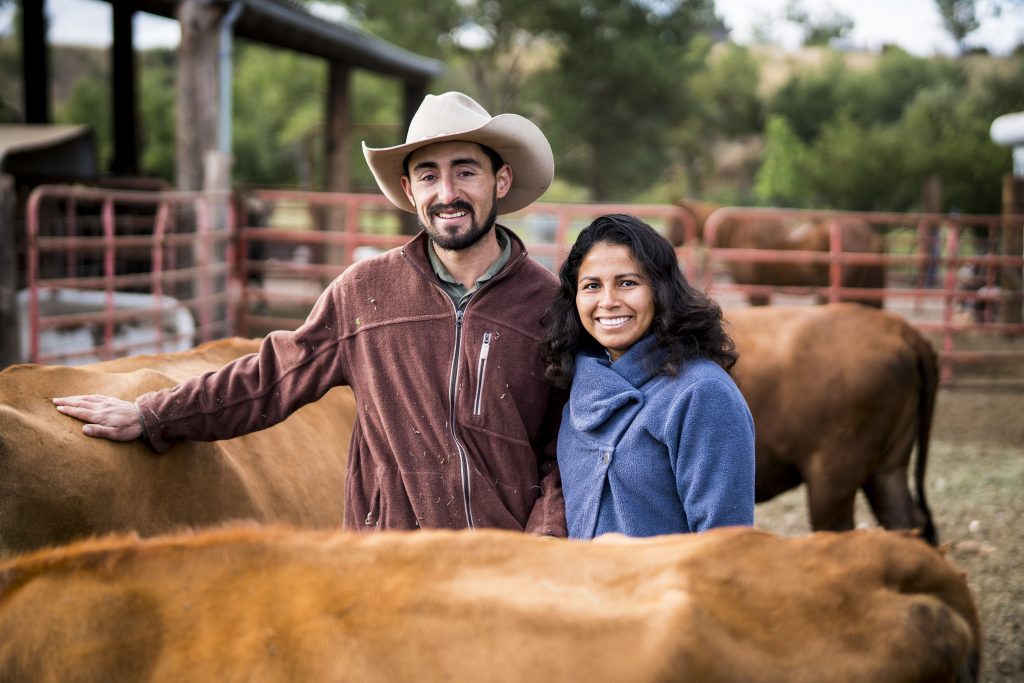
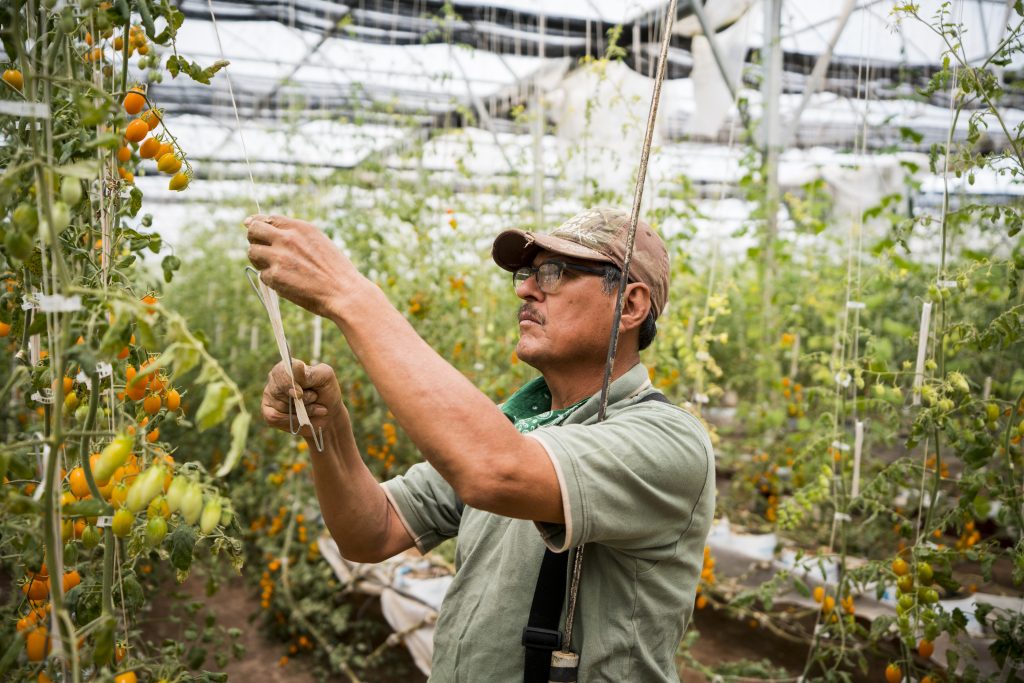
Long term, meaningful impact
Established programs allow remote food systems to thrive as farms reach business goals, values-driven operations become embedded and regular, long term access to enough fresh, healthy food is available to all. Success leads to having an informed, impactful voice in policy making circles.
Southwest New Mexico Food Hub – Case Study
In 2015 NCFC visited two existing food hubs in more populated regions of New Mexico. We compared data on their market base, population, challenges, and community assets to our own in Southwest New Mexico, making necessary adjustments for remote areas. We also met with regional food pantry coordinators who identified the value of having access to local fresh produce, and the idea of sharing existing facilities. The plan was put into action in 2018.
From the start, we wanted to ensure the model would have the best chance of achieving self-sustainability so the services offered could continue post initial grant funding. The model design improves both the local food economy and emergency and supplemental food systems sharing the same basic infrastructure, staff and equipment.
The goal was to achieve sustainability within several years through market sales and low overhead. Some service activities needed to be subsidized by grant funding, but ultimately sufficient sales produced enough profit to reinvest in continued operation.
Core operations include:
- Marketing advice/support
- Product/produce aggregation, storing and distribution
- Grower training around food safety, business planning, improving capacity/output
- Wrap-around services for recipients of supplemental food assistance
- Purchase healthy bulk and locally grown foods on behalf of pantries for distribution
By 2021 Frontier Food Hub has worked with over two dozen growers across southwest New Mexico, conducted over $200,000 in sales in seven counties, saved growers from driving over 100,000 miles, and has worked to support new growers through purchase guarantees.
Frontier Food Hub has also distributed more than 50,000 lbs of healthy bulk foods and locally grown produce to food pantries, serving over 2,500 people.
You can read more about Food Hub models and Frontier Food Hub in our tool kit.

